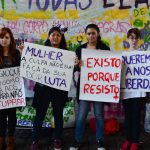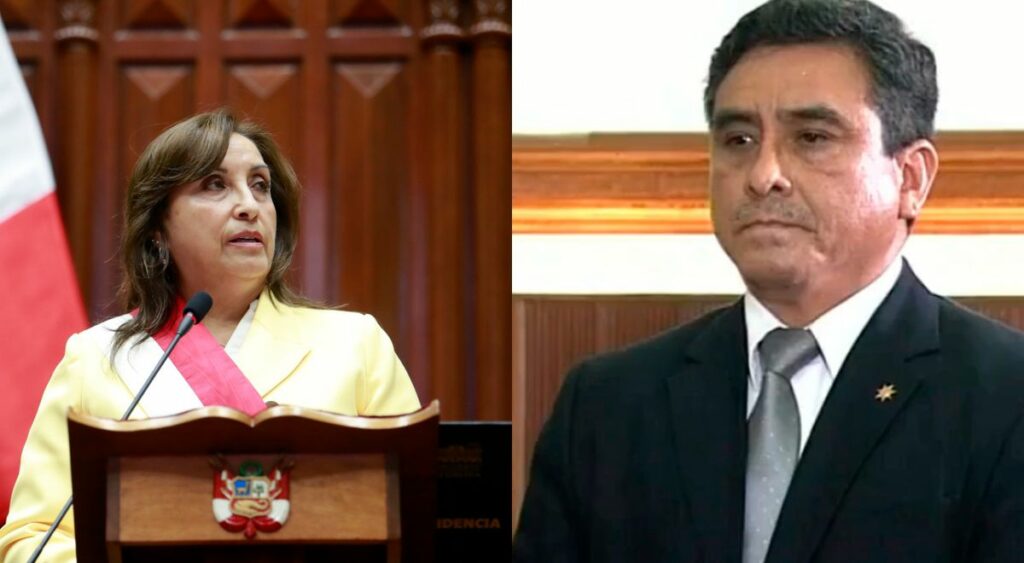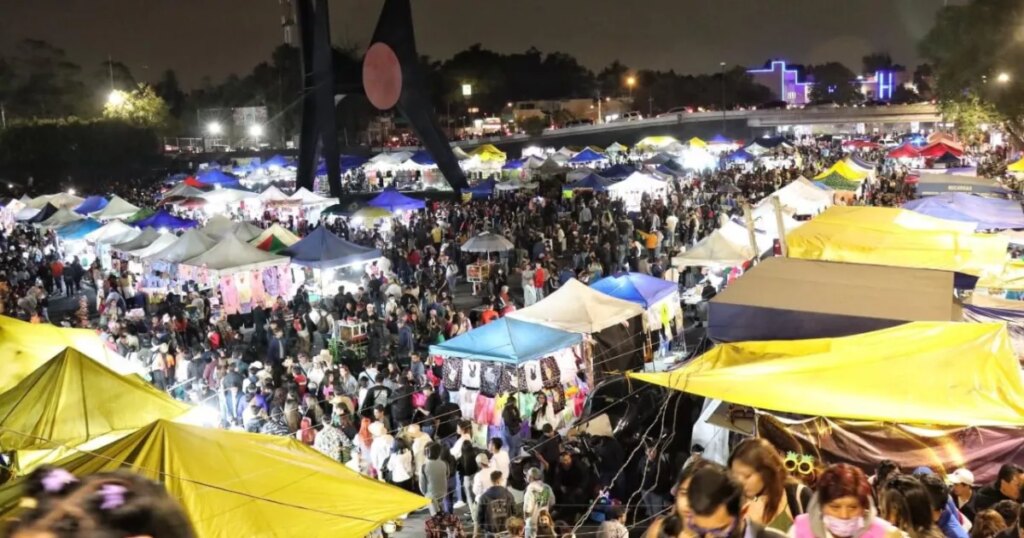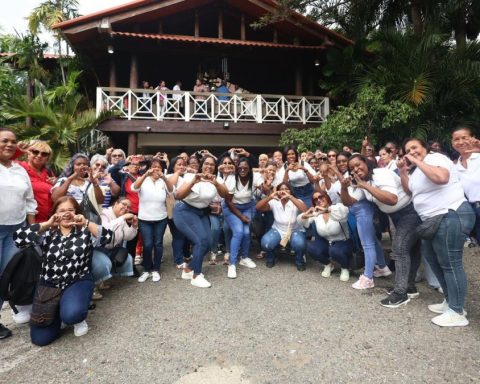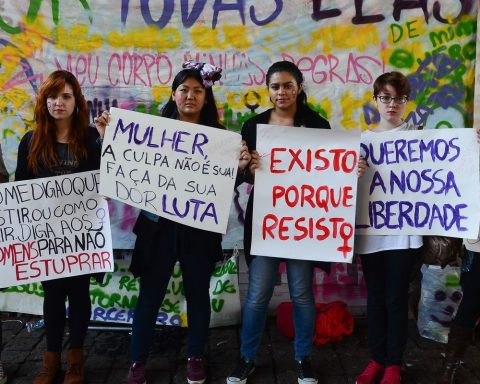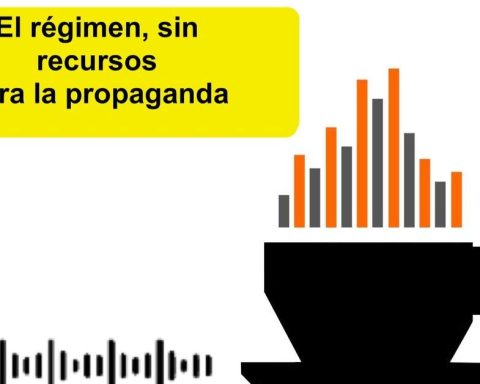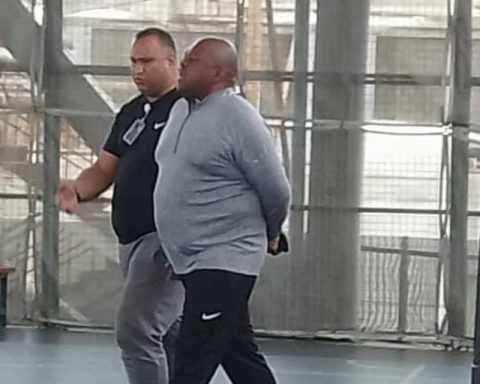When dangerous relations are established between both powers
The first instance ruling that sentenced Argentine Vice President Cristina Fernández de Kirchner to six years in prison illuminates a scenario that, in the neighboring country, has been sown with permanent struggles between politics and justice. In the middle of the electoral campaign, the head of Kirchnerism – a detached branch of Peronism – announced her decision to withdraw from any candidacy, be it for president of the Nation or for legislator. Some analysts say that Cristina tries to prevent people from believing that her search for a seat in the Senate is to ensure the privileges that the position is endowed with.
Argentina maintains a historically tumultuous relationship between justice that tries to put things in their place and politics that insists on maintaining the status quo. The most emblematic case of this push and pull with inevitable institutional wear and tear is represented by the pardons that President Carlos Menem (1989-1999) granted to military coup leaders and guerrilla leaders who bloodied Argentina between 1973 and 1983.
The politician from La Rioja allowed himself to release military officers such as Jorge Rafael Videla, Emilio Masera and other senior leaders convicted in the historic “trial of the juntas” held in 1985 and which gave rise to a film that is giving rise to the rest of their sentences. Around the World. This “peace pledge” intended to pacify Argentina, as Menem claimed in his pardon decrees, forced the initiation of a laborious review process that began in Congress in 2003 and ended in 2010 in the Supreme Court of Justice, which declared unconstitutional all pardons.
Cristina Fernández plays the game with her usual cunning. Next February she will be 70 years old and therefore, a confirmation of sentence in the Supreme Court would grant her house arrest with an anklet. Her announcement of renouncing her candidacy could unleash an “operative outcry” with the people in the streets begging for her return to the ring, something merely symbolic because by then, the populist leader would be barred from all access to public office for life.
But it is possible that Cristina has the “Lula da Silva syndrome” and finds a militant judge who will annul everything that has been done in her case. If it happened in Brazil, nearby and recently, why couldn’t it also happen in Argentina, where nothing is impossible?









